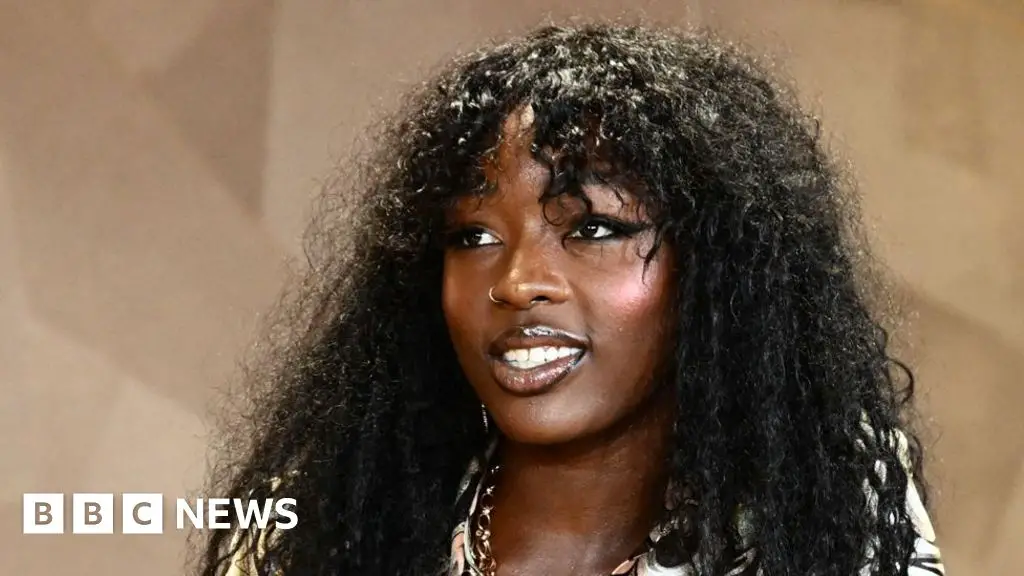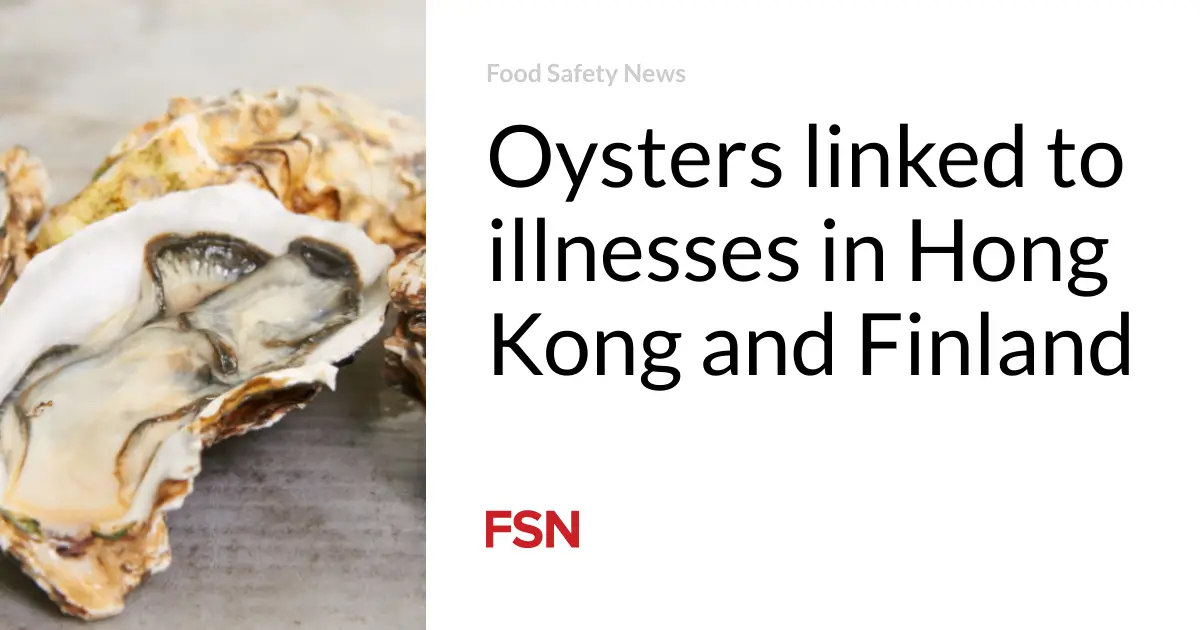
Ms Ajalo and her three siblings were raised by a single mother and relatives assisted her with various things, from paying school fees, to groceries and even medical expenses.
“It’s not a burden, it’s a communal helping,” she told the BBC.
But when she saw Ms Majimbo’s video she understood where the social media star was coming from, especially as the Ugandan was now in a position to help other family members.
“It can be straining, it can be frustrating, but we need it. No man is an island. We have to help each other however we can.”
Dr Chipo Dendere, an assistant professor in Africana studies at Wellesley College in the US, argues that the necessity of “black tax” is rooted in colonialism.
The system of oppression that concentrated resources in the hands of the colonial power or a tiny minority of settlers made it impossible for the majority to accumulate assets.
This “left many black families with no generational wealth”, Prof Dendere said.
In many cases, after independence, rather than being upended, the inequalities were replicated.
Dr Dendere added that the payment of “black tax” can often become a “never-ending cycle” as the money sent to family members often only temporarily plugs a hole which will later re-open.
Another factor is that, unlike in richer countries, many African states are unable to pay for healthcare beyond the basics, a decent pension or cover tuition fees. As a result it falls on the most well-off in a family to fork out for these expenses, Dr Dendere said.
“There is no pension fund from the state – we are the pension. Families are stepping in to do the job of the government.
“We give because of ubuntu. We are forced to take care of each other.”
In 2023, funds sent home by African migrants amounted to about $95bn (£72bn), according to the International Fund for Agricultural Development, which is almost the size of the Kenyan economy.






